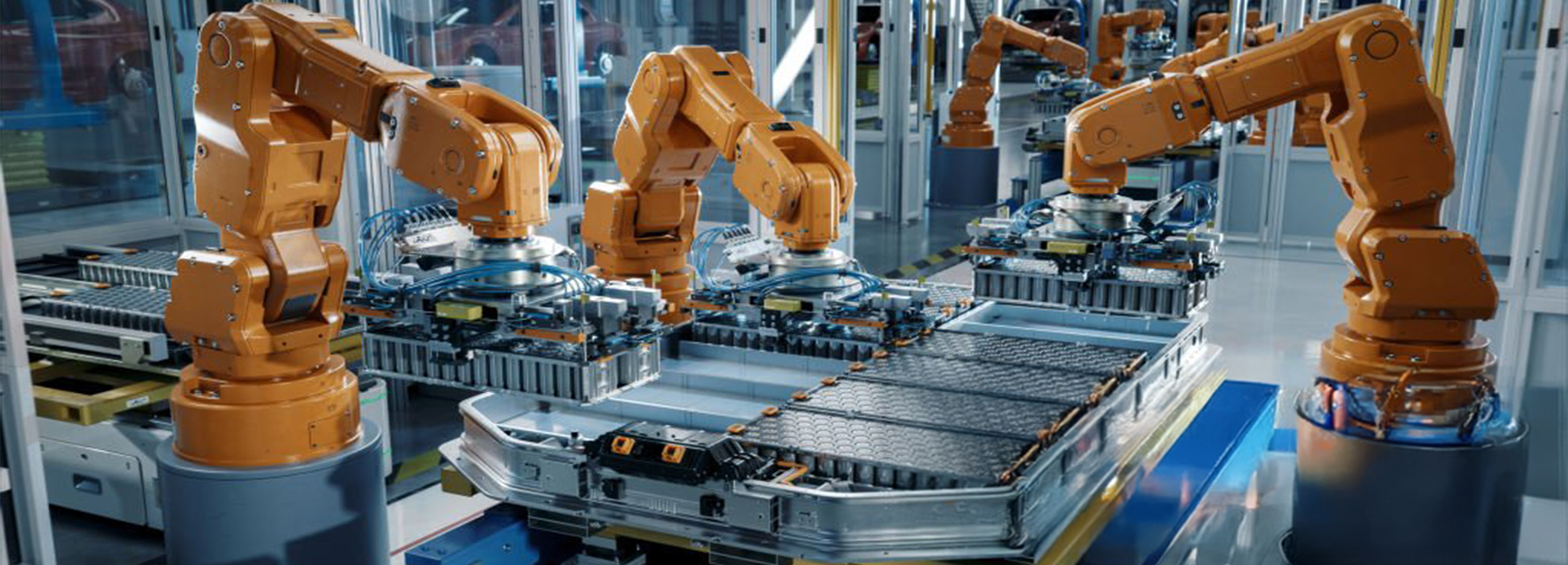Before understanding DevSecOps and how it pertains to data science, it’s crucial to grasp the concept of DevSecOps and how it differs from DevOps. DevSecOps is a revolutionary approach to automation, culture, and platform design while integrating security throughout the entire IT lifecycle.
Data has become a significant part of all business operations, and it’s become nearly impossible to operate a successful business without analyzing and using that data to make critical business decisions. Today, the combination of information technology and software development is the future of DevSecOps.
DevOps vs. DevSecOps
DevOps doesn’t focus solely on development and operations departments. DevOps is well-known for agility and responsiveness, but if you want to take full advantage of the DevOps approach, you must integrate IT security.
In the past, security remained isolated to a specific team, present only in the final stages of development. Development cycles used to last months (sometimes years) but now that efficient DevOps practices ensure frequent and rapid development cycles, security throughout the process has become imperative.
If your security practices are outdated, your DevOps will not move along as smoothly as you’d like. When collaborating with DevOps and security, you can create a strategy that encourages shared responsibility integrated throughout the entire IT lifecycle. Security in every step is a crucial mindset, and DevSecOps emphasizes the need to build security into the foundation of all aspects of your business processes and initiatives.
DevSecOps means employing security in your application infrastructure from the beginning. Automating certain security gates will keep the DevOps workflow from slowing or stopping creating agile practices and IT operations. By selecting the right tools to integrate security consistently, your company can build on the cultural changes that DevOps brings, integrating security as soon as possible.
DevSecOps and Automated Built-In Security
Regardless of what you call it, DevSecOps (or DevOps) has always been an integral part of the entire life cycle of an application. DevSecOps focuses on built-in security, not security that functions around data and applications. If you save your security features for the end of the development pipeline, you’ll find your business stuck in the long development cycle you were trying to avoid in the first place. It takes a substantial amount of time to go back and apply security once development is complete.
DevSecOps emphasizes the need to bring in security teams and set a plan for security automation. It highlights that developers should write code with security in mind, sharing visibility, feedback, and insights into known threats like malware.
A great DevSecOps strategy determines a business’s risk tolerance to fully comprehend which security controls are necessary within a given application. Automating repeated tasks is essential to a successful DevSecOps plan because running manual security checks can be incredibly time-consuming.
Data Science and DevSecOps
Overall, the concept of DevSecOps is not new for a data scientist. Many data scientists adopt DevOps into their daily work lives, such as testing algorithms for validity, and the presence of DevOps practices provides more reliable results. Data scientists can save time by honing a consistent process that continuously increases accuracy.
It’s undeniable that DevSecOps is forever increasing in need and popularity. Many companies offer foundational knowledge programs to assist other businesses in developing a solid sense of DevSecOps throughout the IT lifecycle, encouraging them to begin utilizing these “security throughout” ideas in their careers.
Security can exist alongside a DevOps culture. Still, it takes a bit of work and company-wide communication to get everyone on the same page. For example, suppose a data scientist is already familiar with the concept and processes of DevOps. In that case, it’s not challenging to employ the idea of DevSecOps as it applies to data science, but business leaders must clearly communicate the ideas behind the concept.
Data Science and Automation
It should go without saying that data science is a particular field. Though most modern data scientists feel comfortable using automation, that wasn’t always the case. For a while, the fear that automated processes would cause inaccuracies in data was prevalent, but as artificial intelligence and machine learning continues to improve, their use is growing substantially.
Today, automation is a significant component of DevSecOps, and data scientists that choose to use DevSecOps must be comfortable with automated processes, as it’s the best practice for methodology. Data scientists often run automated scripts when attempting to understand what a large influx of data contains and when dealing with quality assurance.
Not all data scientists deal with the same type of data. For example, data scientists that work with terrorism and fraud require automation to avoid falling behind in studying an influx of crucial data. Generally, data scientists always place plenty of focus on security, regardless of the type of data they’re responsible for, even when not an official member of the company DevSecOps team.
Due to a high level of security concerns and knowledge, data scientists tend to fall easily into DevSecOps roles. Many employees and team members will need constant reminders when implementing a DevSecOps business model, but data scientists rarely forget to include the security component.
DevSecOps and the Inevitable Emphasis on Data
Business operations today, regardless of industry, emphasize data. Data has become an integral part of how businesses run, from providing essential consumer demographics to pointing toward potential security breaches or weaknesses.
Global internet users understand that they cannot use a website or social channels without sharing information. It’s become entirely acceptable, as long as the companies that receive that information store it and share it responsibly.
However, data breaches are not uncommon, and when associated with massive social sites like Facebook and major retailers such as Target, people tend to become wary. The application of DevSecOps principles can assist data scientists in helping to promote privacy and security for companies (like social media giants) to keep up with the constant evolution of technology while keeping data safe.
Data Science and the Benefits of DevSecOps
Knowing the benefits of DevSecOps is crucial to understanding how it ties into data science practices. While data scientists often embrace DevSecOps practices without being a part of the internal “team,” there are still many advantages to learning and applying DevSecOps to the daily workflow, including:

Data scientists can benefit greatly from integrating a DevSecOps mindset. Not only does it place security at the forefront, but it keeps it present at all times, regardless if the task is automated or manual.
An Awareness of DevSecOps
All data scientists should be aware of the concept that is DevSecOps. There’s an undeniable influx of data consistently coming into every company worldwide, ranging from consumer statistics to potential data risks. Data scientists need to understand the notion and gain full awareness of what it means to apply it.
Most data scientists already work under strict security measures, but regardless of how they work with data, the principles of DevSecOps can apply and enhance their current techniques.













